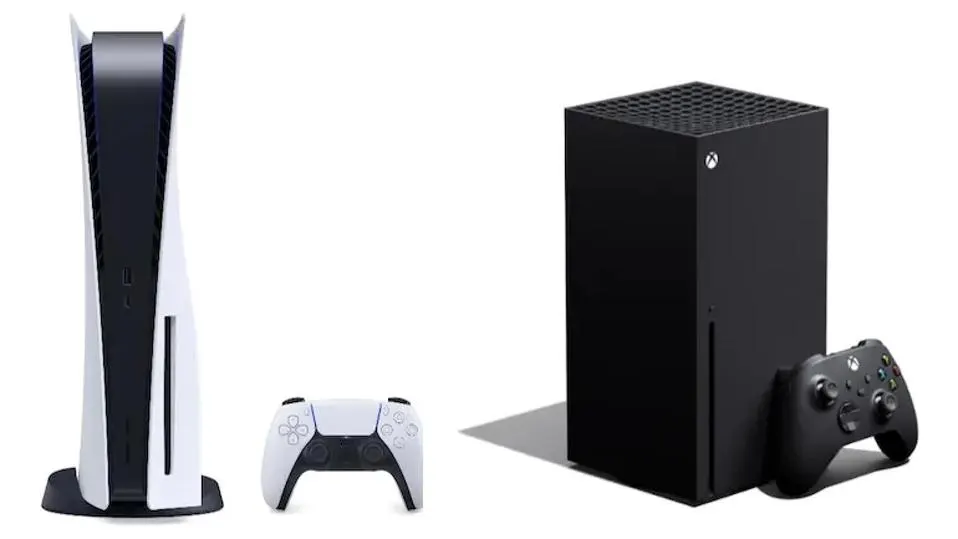Console Wars End with No Clear Winner

For many years, big companies like Microsoft, Sony, and Nintendo competed fiercely to sell their gaming consoles. They spent huge amounts on marketing, game development, and hardware. This intense rivalry, often called the ‘console wars,’ seemed like it would never end.
In 2025, things changed. The console wars didn’t conclude with a big event but gradually faded away. Several factors contributed to this shift.
On January 30, Xbox announced that ‘Forza Horizon 5’ would be available on PlayStation 5. This move was surprising because ‘Forza’ had been a major exclusive title for Xbox. Sharing it with PlayStation signaled a significant change in strategy.
Before its 2001 launch, the original Xbox was internally called ‘Project Midway,’ referencing a decisive World War II battle. This name showed Microsoft’s intent to challenge Nintendo and Sony in the gaming market. For years, these companies competed by adjusting prices, offering bundles, and securing exclusive games.
Now, in 2025, Microsoft’s decision to share ‘Forza’ with PlayStation indicates a shift. Following its acquisition of Activision, Xbox has been making more of its games available on multiple platforms. There are rumors that other Xbox franchises might also come to PlayStation and Switch.
Combining this strategy with the expansion of Game Pass to more devices, it’s clear that Microsoft is moving away from traditional console competition. Instead, they’re focusing on becoming a major game publisher, leveraging Game Pass and their studios.
While Microsoft changes its approach, Nintendo has also taken a different path. The company is set to release the Switch 2, which is expected to sell well. However, Nintendo seems less concerned with directly competing against Sony and Microsoft.
The Wii U, released in late 2013, was Nintendo’s last attempt to compete directly with other consoles. It aimed to attract major third-party games but didn’t achieve significant success. In 2017, Nintendo launched the Switch, focusing on a unique hybrid design. This approach paid off, leading to strong sales.
The upcoming Switch 2 continues this trend. Nintendo isn’t focused on matching the hardware cycles of Sony or Microsoft. Instead, they’re creating consoles that appeal to their audience and releasing high-quality first-party games.
With Microsoft and Nintendo moving away from direct competition, Sony remains actively engaged in the traditional console market. They’re investing heavily in exclusive games like ‘Final Fantasy 7 Rebirth’ and ‘Death Stranding 2.’ Sony also developed the PS5 Pro, aiming to offer enhanced performance.
However, with other major players shifting their strategies, Sony’s efforts might seem less impactful. While they continue to focus on exclusive titles and advanced hardware, the landscape around them is changing.
In a sense, Sony has ‘won’ the console wars by being the last company actively competing. Yet, this victory feels empty. Microsoft has transformed into a leading third-party game publisher, and Nintendo has found success by following its own unique path.
As the gaming industry evolves, the traditional console wars appear to be a thing of the past. Companies are exploring new strategies, focusing on content and services rather than solely on hardware competition.
